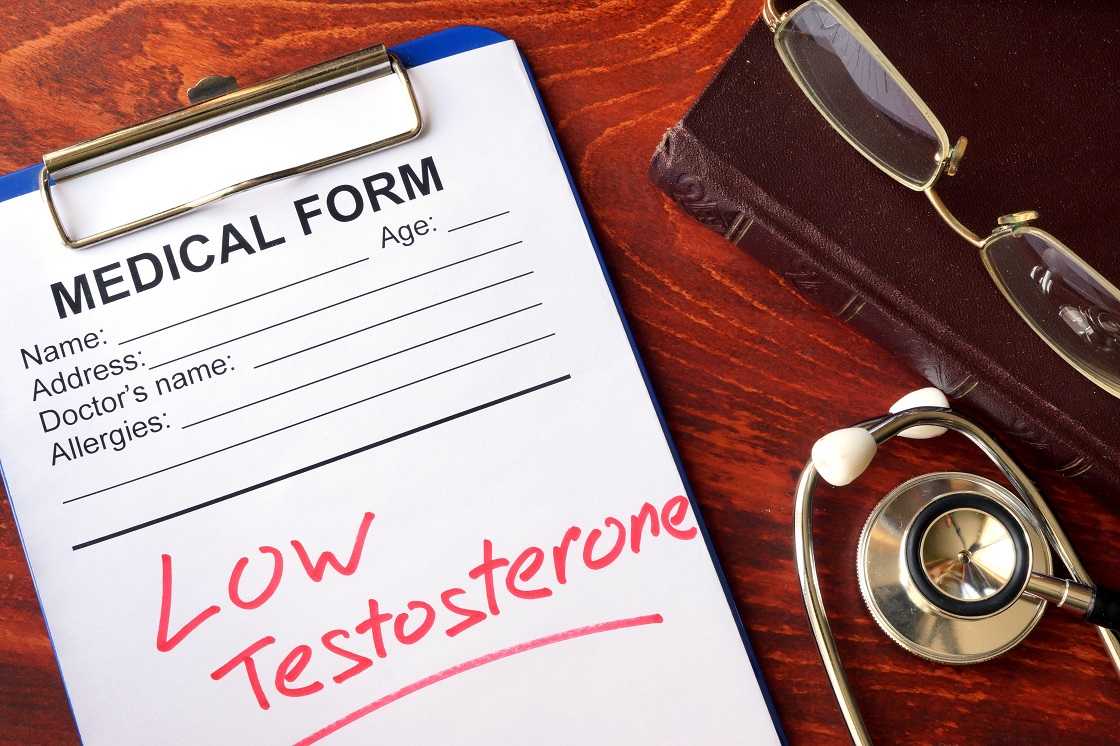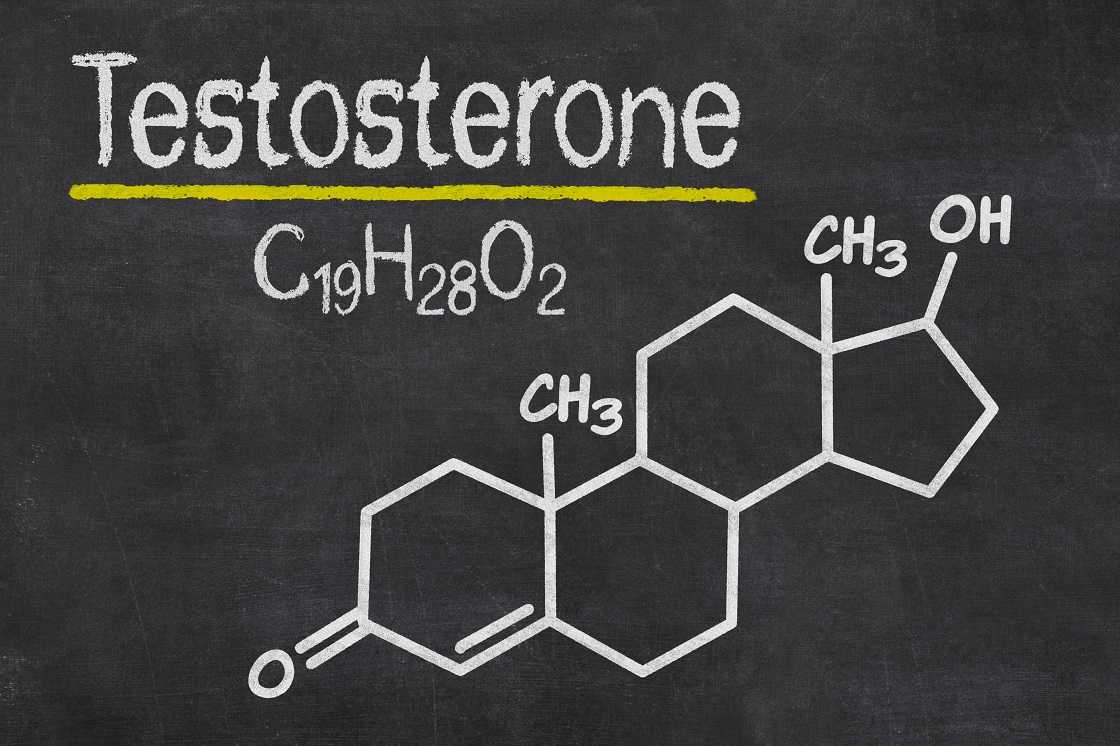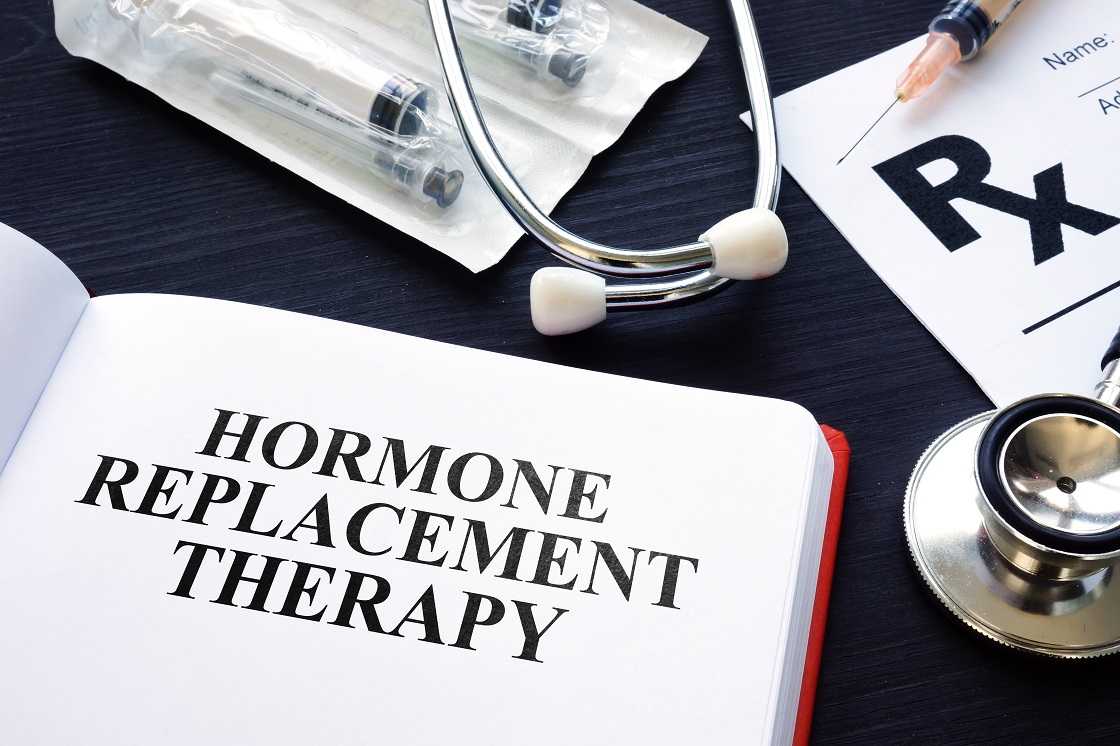Hormones are chemical substances that control the proper functioning of your body. They are produced by glands and travel through the bloodstream to reach the organs and tissues where they perform their functions. Testosterone is a sex hormone usually related to men, although women have small amounts. However, if a man has a low testosterone level, there may be symptoms such as erectile dysfunction, reduced bone mass and sex drive. Several symptoms can indicate low testosterone in men. Do you know what they are? Read on and find them out.
What is the role of sex hormones?
Sex hormones play many roles in the body, ensuring individuals’ physical and emotional well-being. They are involved in puberty, sexuality, and fertility. They act not only in the sexual organs but also in other parts of the body, such as the hair, brain, bones, muscles, and skin. These hormones circulate in the blood bound almost completely to various proteins.
Specifically, estrogen influences the development of sexual traits and the maturation of female sexual organs. While testosterone, starting at birth, is responsible for male development, even when it becomes evident after puberty, the phase in which the body becomes an adult.
What is testosterone and its role?
Testosterone is the most important sex hormone in men. Typically, male characteristics such as facial, pubic, and body hair, as well as muscles, depend on it. Testosterone also helps support sex drive, sperm production, and bone health. When it comes to its production, the brain and the pituitary gland (a small gland at the base of the brain) control the amount of testosterone produced by the testes. Testosterone is frequently related to the male sex, and although it is produced in the testicles, it is noteworthy that the ovaries can also release it but in small proportions.
What happens to these hormones as you age?
As you age, many body functions begin to decline. Thus, the production of these hormones slowly decreases as part of the natural aging process, usually about 1% per year after your 30s or 40s. So, just as women go through well-known menopause, men also go through a similar stage called andropause, where uncomfortable symptoms due to lack of testosterone appear. However, for some men, these hormonal changes come too soon, and specific or diverse symptoms can significantly change and worsen men’s quality of life.
What is andropause?
Andropause is the natural process in which a man’s sexual capacities decrease with age, as well as other organic functions, due to low testosterone levels in the body. Since testosterone influences many body functions, its decrease not only affects the sexual organs but also the bones, muscles, brain, skin, and hair health.
Among the consequences of low testosterone are:
- Irritability
- Sleep problems
- Anxiety
- Depression
- Weight gain
- Decreased energy
- Decreased sex drive
- Erectile dysfunction
- Hair loss
- Decreased red blood cell count
Over time, low testosterone can also lead to loss of body hair, muscle mass and physical strength.
If low testosterone is chronic (long-term), it can also cause bone weakness (osteoporosis), mood changes, decreased energy, and a reduction in testicular size. However, signs and symptoms (what you notice and feel) vary from person to person, and it does not mean that you will suffer from these in your thirties or forties.
Causes of low testosterone
Low testosterone does not only mean andropause. It can also be caused by other diseases or health problems, like:
- An injury (trauma, castration) or testicular infection
- Cancer treatment with radiation or chemotherapy
- Certain medications, such as opioid painkillers
- Hormonal disorders (pituitary gland tumors or diseases, high prolactin level)
- Chronic diseases, such as liver and kidney disease, obesity, type I diabetes, and HIV/AIDS.
- Genetic disorders (Klinefelter syndrome, hemochromatosis, Kallmann syndrome, Prader-Willi syndrome, and myotonic dystrophy).
- Past use of anabolic steroids.
Low testosterone is common in older men, so every man, starting in his thirties, should undergo a morning hormone blood test. But what can we do when these symptoms become so accentuated that they affect lifestyle and well-being?
Can testosterone deficiency be treated?
Nowadays, doctors and scientists provide us with several options to treat and improve symptoms of low testosterone. One of those is hormone replacement therapy (HRT).
Hormone replacement therapy is a treatment consisting of using external sexual hormones. Estrogens and progesterone in the case of postmenopausal women, or testosterone in andropause men.
Hormone replacement therapy provides several measured and demonstrated benefits in men with symptoms of hypogonadism and/or sexual dysfunction resulting from low testosterone. The main objective is to improve or decrease the signs and symptoms affecting the patient’s quality of life while balancing hormone levels.
This therapy may also be indicated for those with deficiencies in sex hormone production for reasons other than age. However, in any of the cases, a physician must suggest a medical evaluation, not before ruling out other possible causes.
After the first diagnostic consultation, if the test results show that you are eligible for treatment, you can start the therapy as soon as possible.
Signs you need Testosterone Replacement Therapy
Decreased sexual performance
With low testosterone levels, men may have trouble getting an erection or maintaining it (erectile dysfunction), decreased sexual desire, low semen volume, and smaller testicles.
Increased body fat
It is common to gain weight faster than usual during andropause, or even gain fat in the pectorals, leading to breast enlargement (gynecomastia).
Loss of muscle mass
When testosterone decreases during andropause, signs of muscle loss also appear. There is not necessarily a weakness or inability to get up or move from place to place; still, your body may not look the same as before and have more fat than muscle.
Low energy
If you feel tired all the time, you wake up tired, you need to take naps during the day, and you become exhausted quickly may be due to testosterone deficiency.
Decreased mental capacity
Hormonal imbalance favors the appearance of memory problems and reduced mental capacity that can hinder daily life.
Osteoporosis
Testosterone plays an essential role in bone strengthening. When the amount of this hormone decreases, slow bone mass loss begins, which can generate serious problems such as osteoporosis and increase the risk of fractures.
Hair loss
Genetic traits mainly cause hair loss in men. But it can also be caused by hormonal problems such as low testosterone.
Anemia
Sometimes hormonal changes can decrease the number of red blood cells in the blood and cause anemia. If you have dizziness, weakness, leg cramps, difficulty sleeping, and palpitations most of the time, you may be anemic.
Anemia can also be an indication that you may need hormone replacement therapy. If you recognize more than one of these signs, or if symptoms are disrupting your daily life, it may be time to consult a physician about the right treatment for you.
Benefits of TRT
Testosterone replacement therapy can stimulate different sexual functions that you thought were lost, such as:
- Erections
- Body hair growth
- Improve mood
- Increase energy level
- Increase bone density and muscle mass
Types of therapy to increase testosterone levels
There are several forms of testosterone replacement:
- Gels or patches to stick on the skin
- Injections
- Pills
- Tiny pills to place under the skin or intake pills (in some countries outside the United States)
The best method depends on what you prefer and the cost of it.
However, there are possible risks with the long-term use of testosterone, such as:
- High red blood cell count
- Acne
- A sporadic interruption of breathing during sleep (sleep apnea). Not common.
- Breast enlargement
- Increased prostate size
- Fluid buildup (edema) in the ankles, feet, and legs. Not common.
If you are considering testosterone hormone replacement therapy, you should discuss with your doctor how to be screened for prostate cancer and other risks that may affect the prostate. Men who have prostate or mammary gland cancer, or suspect they have it, should not receive this treatment.
However, if you think you are a good candidate for testosterone replacement therapy or you have any additional questions, don’t hesitate to reach out! Our specialists at HRT Doctors Group are available via phone or video call so there is no sitting in the waiting room!
Questions and Answers
Low testosterone, or hypogonadism, is a condition where the body produces insufficient levels of testosterone, the primary male sex hormone. Recognizing its symptoms is crucial because it affects physical, mental, and sexual health.
Common physical symptoms include decreased muscle mass, increased body fat, reduced bone density, hair thinning, and chronic fatigue.
It often causes reduced libido (sex drive), erectile dysfunction, and difficulty achieving or maintaining an erection.
Yes, it can result in mood swings, irritability, feelings of sadness or depression, and reduced self-confidence.
Men with low testosterone frequently experience chronic fatigue and reduced stamina, even with adequate rest.
Symptoms include difficulty concentrating, memory problems, and a general decline in mental sharpness.
Yes, it can contribute to sleep disturbances, including insomnia or fragmented sleep.
It leads to a decrease in muscle mass, strength, and bone density, increasing the risk of fractures and osteoporosis.
Younger men may notice delayed puberty, underdeveloped secondary sexual characteristics, or reduced testicle size.
Medical advice should be sought if symptoms persist, worsen, or significantly impact daily life, especially if accompanied by erectile dysfunction or infertility concerns.


